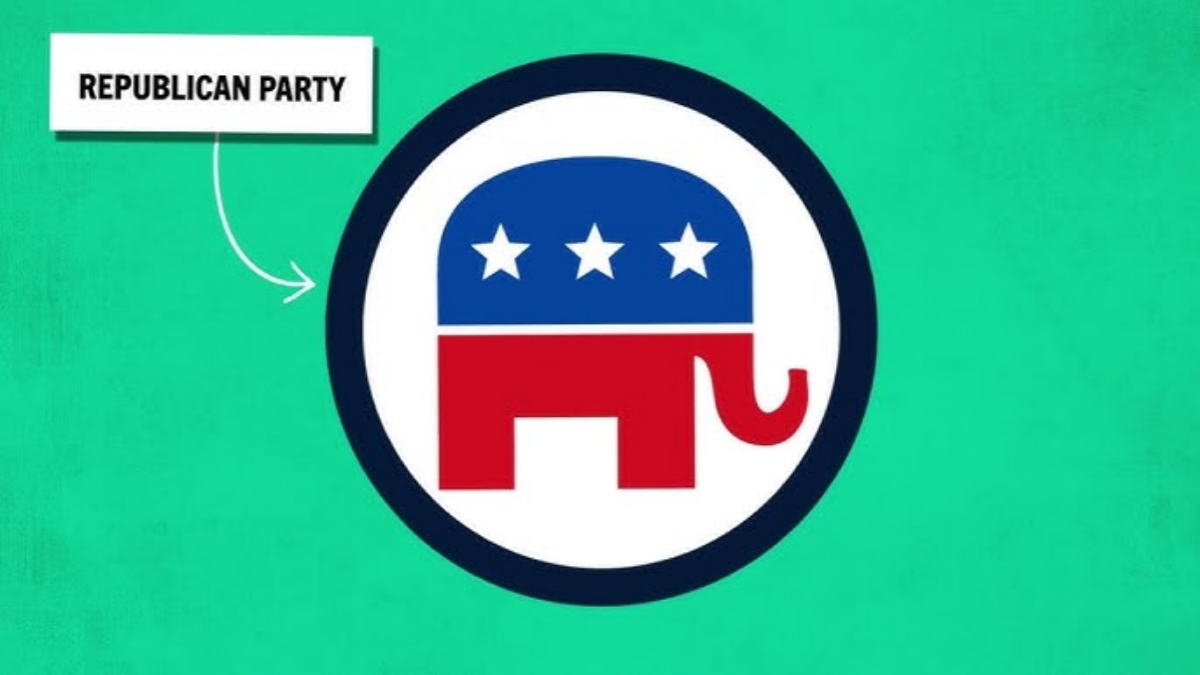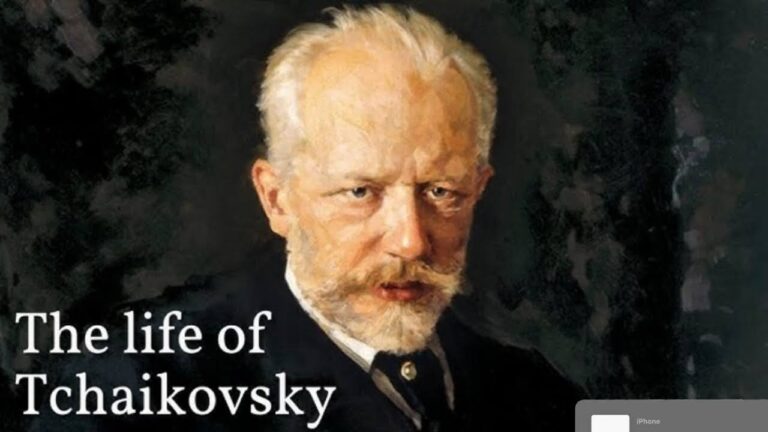The Republican Party, also known as the GOP (Grand Old Party), stands as one of the two dominant political forces in the United States. Since its establishment in the mid-1850s, the party has been a significant player in shaping the nation’s political landscape, offering a platform grounded in conservatism, limited government, and individual freedoms. While the Democratic Party may serve as its contemporary rival, the Republican Party has left an indelible mark on American history, championing various causes from anti-slavery in its early years to pro-business policies and a strong national defense in modern times. Let’s delve into the GOP’s history, ideologies, key figures, and its role in today’s political climate.
Origins of the Republican Party
The Republican Party was founded in 1854, emerging as a response to the expansion of slavery into the American territories. Abolitionists, former Whigs, and Free Soil Party members coalesced to form a new party that opposed the spread of slavery into western states. Abraham Lincoln, the party’s first successful presidential candidate, became a pivotal figure in the fight against slavery, leading the country through the Civil War and eventually abolishing slavery with the Emancipation Proclamation. This early commitment to human rights and national unity laid the foundation for the party’s later principles.
Republican Ideology and Core Values
The GOP has undergone numerous transformations over the years, yet it has consistently advocated for core conservative principles. Today, the Republican Party champions:
- Limited Government: Republicans believe in reducing the size and scope of government, arguing that individuals and businesses thrive best when government interference is minimal. The GOP advocates for deregulation, lower taxes, and privatization of various government services.
- Free Market Economy: A belief in capitalism and free markets is central to Republican ideology. The party supports policies that favor business growth, tax cuts for corporations, and free trade agreements. This approach, Republicans argue, leads to economic prosperity, job creation, and innovation.
- Strong National Defense: The Republican Party has traditionally supported a strong military, with an emphasis on national security and global leadership. The party is known for advocating higher defense budgets and maintaining a robust presence on the world stage.
- Social Conservatism: On social issues, the GOP tends to align with traditional values. Many Republicans oppose abortion, support gun rights, and favor policies that uphold religious freedoms. These values appeal to the party’s base of evangelical Christians and rural voters.
- Individual Liberties: Republicans often emphasize individual freedoms, whether through advocating for the Second Amendment (the right to bear arms), supporting freedom of speech, or limiting government regulations in personal lives.
Key Figures in Republican History
The Republican Party boasts a long list of influential political figures who have left an indelible mark on both the party and American history. Some of the most notable include:
- Abraham Lincoln: The 16th president of the United States, Lincoln led the nation through the Civil War and is credited with preserving the Union and abolishing slavery.
- Theodore Roosevelt: As the 26th president, Roosevelt was a progressive Republican who expanded the powers of the presidency and advocated for anti-trust laws and conservation.
- Ronald Reagan: Widely regarded as a modern conservative icon, Reagan’s presidency in the 1980s saw a resurgence of Republican ideals, including tax cuts, a strong military stance against the Soviet Union, and a reduction in government regulations.
- Donald Trump: The 45th president of the United States, Trump reshaped the Republican Party with his populist approach, advocating for America First policies, immigration reform, and trade renegotiations.
The Republican Party in the Modern Era
In today’s political climate, the Republican Party continues to play a crucial role in shaping policy and governance. The GOP is known for its opposition to expansive government programs such as universal healthcare and its defense of free-market policies. Tax cuts remain a central platform, with Republicans advocating for lower taxes on businesses and individuals as a way to spur economic growth.
The party’s stance on immigration, particularly under Donald Trump’s presidency, has also been a defining feature of its modern platform. Republicans have called for stricter border security, including building a wall along the U.S.-Mexico border, and have taken a hardline stance on illegal immigration.
Social issues continue to be a dividing line between the Republican Party and its Democratic counterparts. The GOP has maintained its opposition to abortion, with many states led by Republican governors enacting stricter abortion laws. The party also supports Second Amendment rights, and gun control measures are often met with resistance from Republican lawmakers.
The Future of the Republican Party
As the GOP looks to the future, it faces challenges and opportunities in a rapidly changing political landscape. Demographic shifts in the United States have led to debates within the party about how to broaden its appeal to minority groups, younger voters, and suburban constituencies. At the same time, the Republican Party remains a powerful force, controlling many state legislatures, governorships, and a significant portion of Congress.
The internal divisions within the GOP, particularly between traditional conservatives and more populist factions aligned with figures like Donald Trump, will likely shape the party’s future direction. However, the Republican Party’s core commitment to conservatism, individual liberties, and a strong national defense ensures it will remain a key player in American politics for years to come.
Conclusion
The Republican Party, or GOP, has stood the test of time as a major political force in the United States. With its roots in abolitionism and a commitment to conservative principles, the party continues to influence national policies and debates. As the political landscape evolves, the Republican Party will face new challenges, but its enduring values of limited government, free market economy, and strong national defense will likely continue to guide its path forward.



















